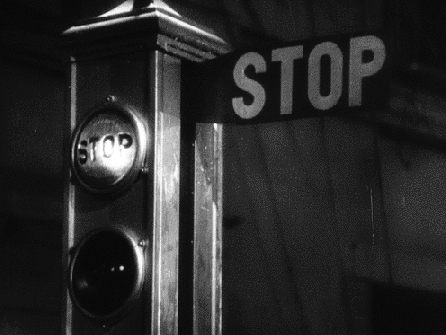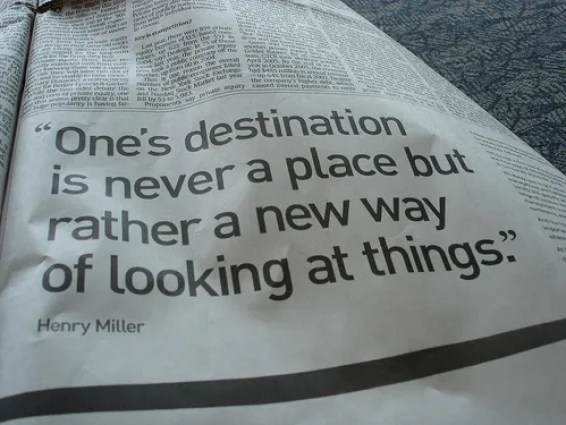===
“To agree to keep a secret is to assume a burden.”
—
Sam Harris
===
Well.
 This is sort of about transparency. What I mean is that we don’t often speak of transparency in an equation sort of way – give and not give.There is a burden on both sides not just in the actual ‘doing of’. There is a burden within what you decide to give within your transparency objectives/intent as well as a burden within what you decide to not give and hold on to. I say that because that burden is, well, a weight. A weight I call the weight of secrets.
This is sort of about transparency. What I mean is that we don’t often speak of transparency in an equation sort of way – give and not give.There is a burden on both sides not just in the actual ‘doing of’. There is a burden within what you decide to give within your transparency objectives/intent as well as a burden within what you decide to not give and hold on to. I say that because that burden is, well, a weight. A weight I call the weight of secrets.
Now. I would say all knowledge is a burden.
It carries a weight of responsibility with regard to what you do with it … how you act because you have it … as well as how you think about you, and others, with it. Having accepted knowledge you have made an agreement with it. I tend to believe we don’t think about this. We accept knowledge as … well … maybe like income earned – disposable income in fact.
We worked for it, we earned it and it is now ours to spend as we choose. They are our ‘secrets’ and we decide whether we want to share those secrets or not. I do think it would be helpful <if not slightly capitalistic & less human than we would like> if we did think of being transparent this way.
That said. I believe knowledge is actually more like freedom. It is an unalienable right but it is also a privilege and therefore one assumes a responsibility to it and with it.
Uhm.
And with responsibility comes burden. Which almost sounds odd in that something with ‘free’ in it should be … well … “freeing” … and not carrying such a heavy burden. Maybe I should just suggest that nothing really comes for free … everything has something attached to it.
Knowledge?
Responsibility … the burden of responsibility. The burden of secrets – shared and held.
And that is a weight you carry … one which can be as light or as heavy as you make it. But. It is a weight nonetheless. One which you learn to carry well or carry poorly.
Knowledge tests our ability … and our character … with regard to how well we can carry this weight. It tests how strong we are .. once again … in ability an character. Having said that <and most likely having a number of people feeling a little uncomfortable thinking about knowledge that way>.
Secrets are a completely different level of a knowledge burden. And secrets are tricky.
 Some are thrust upon you … unwanted but yet yours nonetheless.
Some are thrust upon you … unwanted but yet yours nonetheless.
Some are gifted you … carefully shared by someone who believes the weight it carries is too much for themselves … alone.
But regardless of how you assume the responsibility of a secret … it is also knowledge. And therefore it also carries a burden … a responsibility … and a weight.
I don’t have the scale to weigh them but my guess is that a knowledge secret exponentially weighs more than a traditional knowledge. I also don’t have any research but I also tend to believe, just like extra physical weight, as soon as we start feeling the extra weight of a secret … we seek to shed it.
Therein lies the true test of character.
Do I treat the secret as added weight thru muscle or view it as fat.
On the former I become stronger and faster. On the latter I become slower and unhappier.
On the former I don’t look for an opportunity to shed the weight. On the latter I am always thinking about opportunities to shed the weight.
All knowledge tests you. Secrets test you even more. Knowledge, and secrets, take a strength of self to carry its weight. The weight of responsibility of having the knowledge, the weight of freedom knowledge typically permits us and the weight of character that knowledge either hones into muscle or creates an excess of fat.
That is a lot of extra weight we have accepted by taking on this knowledge.
I tend to believe we do not think about this enough. Especially those who hunger for knowledge.
To be clear … I also tend to believe those who hunger for real knowledge do not hunger for secrets <secret hungry people are beings all in themselves something different>. But I also believe those who hunger for real knowledge are given ‘secret knowledge’ whether they want it or not.
All knowledge is heavy in some form or fashion. Secrets maybe even more so. Understanding this, and the burden you have assumed, makes the weight a little more bearable because you aren’t surprised by it and you actually start carrying it better.
We talk about transparency as “freeing” and, well, it is. And, yet, it isn’t. In business , & in Life I imagine, its just not practical to be 100% transparent. And anything less than 100% means you are choosing what % <specific things> to keep secret. Those ‘things’ become, well, the weight you carry.















 But admitting it? Whew.
But admitting it? Whew.

 the exact same time <all the while encouraging us to focus on one thing and do it well>.
the exact same time <all the while encouraging us to focus on one thing and do it well>.

 And … it’s a shame.
And … it’s a shame.


 realized than before.
realized than before. On a day like today, a day after an event like what happened in Las Vegas, this rings true.
On a day like today, a day after an event like what happened in Las Vegas, this rings true.


 opening quote is awesome <although, geologically speaking, it may not be truly accurate>.
opening quote is awesome <although, geologically speaking, it may not be truly accurate>.
 what you are supposed to do really matters <a lot>.
what you are supposed to do really matters <a lot>.

 disruptive ideas and what is “new.” And thanks to Yale and some guy named Loewy I have a tendency to toss around two phrases a shitload in the conversations — “Most Advanced Yet Acceptable” and optimal newness.
disruptive ideas and what is “new.” And thanks to Yale and some guy named Loewy I have a tendency to toss around two phrases a shitload in the conversations — “Most Advanced Yet Acceptable” and optimal newness. He believed to sell something surprising, make it familiar; and to sell something familiar, make it surprising.
He believed to sell something surprising, make it familiar; and to sell something familiar, make it surprising. an “optimal newness” for ideas or, well, how about we call it “advanced yet acceptable”.
an “optimal newness” for ideas or, well, how about we call it “advanced yet acceptable”. Disruption actually means ‘to challenge.’ And, despite what many want you to believe, disruption is actually about creating something … not simply to destroy something. I would actually suggest that disruption, at its core, is about changing the way you think – creating new ways to think about something.
Disruption actually means ‘to challenge.’ And, despite what many want you to believe, disruption is actually about creating something … not simply to destroy something. I would actually suggest that disruption, at its core, is about changing the way you think – creating new ways to think about something. Therein lies a truth “optimal newness” never loses sight of. The biggest ideas with the biggest end impact on our lives typically have gained some momentum not because they were some huge ‘new, never seen before’ idea but rather because the innovated on some conventional thinking and shifted us into some different way of thinking about something.
Therein lies a truth “optimal newness” never loses sight of. The biggest ideas with the biggest end impact on our lives typically have gained some momentum not because they were some huge ‘new, never seen before’ idea but rather because the innovated on some conventional thinking and shifted us into some different way of thinking about something. I will end by stating, unequivocally, that this is easier to write about then to put into practice.
I will end by stating, unequivocally, that this is easier to write about then to put into practice.


 characteristic of insecure leadership is the inability to step down and still stay above.
characteristic of insecure leadership is the inability to step down and still stay above.
 because they tend to have an oversized view of themselves <every should come to me attitude>.
because they tend to have an oversized view of themselves <every should come to me attitude>.






